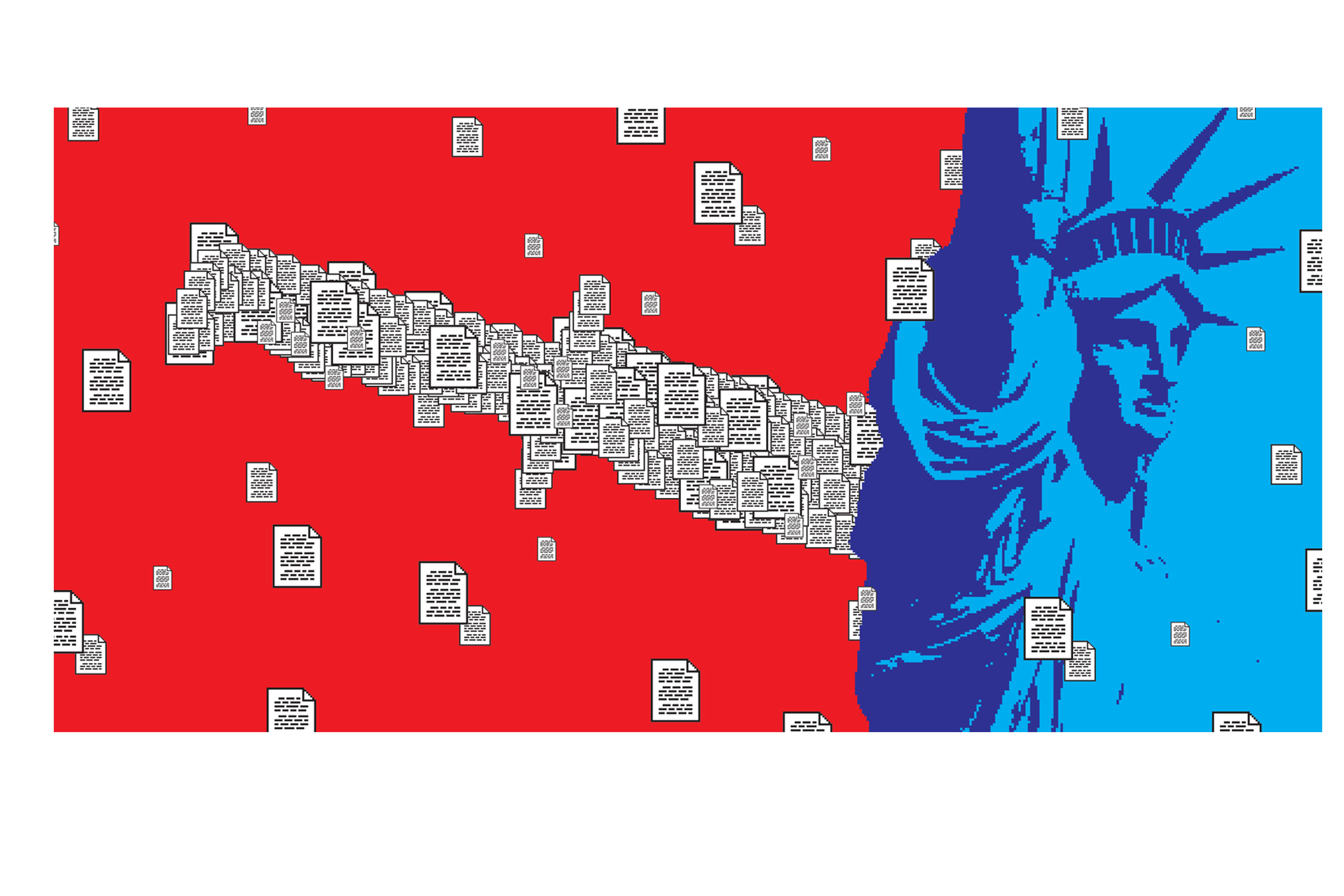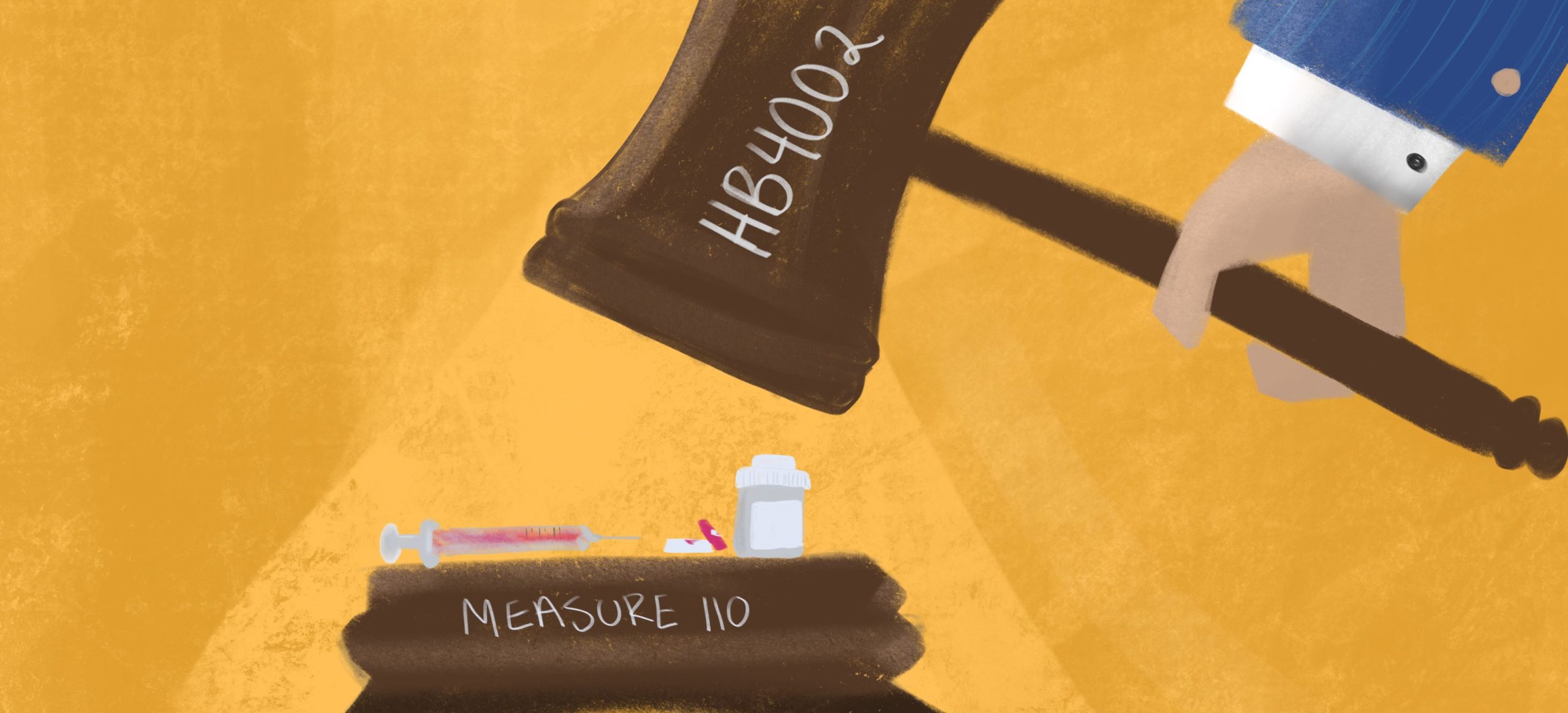In the first of surely many future presidential controversies, President Donald Trump has come under fire for his recent refusal to acknowledge the Central Intelligence Agency’s report that stated Russia purposefully influenced the U.S. election in his favor.
In response to the allegations brought by the CIA and backed by other intelligence agencies, Trump’s team responded with a statement questioning the findings by saying, “These are the same people that said Saddam Hussein had weapons of mass destruction.”
Trump has been widely derided for his stance, and his reaction to the CIA report had more to do with protecting his presidential reputation than any formulated thought on the CIA or our intelligence community.
The real question is: Was he wrong?
Harry Truman created the CIA through the National Security Act of 1947. It started as a way to organize the information coming from the Office of Strategic Services and numerous small post-war intelligence operations during World War II. The CIA soon started to outgrow its britches as an intelligence gathering service, prompting a written warning from Truman in an op-ed in the Washington Post in 1963.
In the article, Truman warned the American public to re-examine the “purpose and operations of our Central Intelligence Agency.” He argued that it is of the utmost importance for a president to have access to “raw” information unfettered from the spin of different departments and agencies.
To combat misleading information, Truman created the CIA with the purpose of collecting all available intelligence reports and making sure they reached his desk free from influence. He specifically warned about the CIA becoming “an operational and at times a policy-making arm of the Government.” He stated that it had already led to “trouble and may have compounded our difficulties in several explosive areas.”
Today, the CIA and intelligence community in general has continued to grow and expand. The United States has a $52.6 billion budget for the National Intelligence Program, with the CIA itself using $14.7 billion, experiencing a 56 percent increase in funding between 2004 and 2013.
Of the U.S. national budget, $17.2 billion is spent specifically on combating terrorism.
The system has grown far beyond its original role of organizing information reports. In addition to its growing budget, the CIA has had growing responsibilities as well. Most recently the intelligence gathering organization has been shipping lethal aid to Syrian rebels and conducting drone strikes in Yemen, two things that are quite beyond the scope of organizing reports.
I don’t want to be naive; I know that we live in turbulent times in a world that is not always kind. But I would like to see the United States move forward in peace instead of fear. It can be easy to get caught up in the indignation of Russia meddling in our election, but let us remember that the U.S. has had a strong opinion on the leadership of Iran, Iraq, Afghanistan, Libya, Guatemala, Vietnam, Hungary, Laos, Haiti, Cuba, the Dominican Republic, Ecuador, Congo, Brazil, Indonesia, Greece, Uruguay, Cambodia, Chile, Australia, Angola, El Salvador, Nicaragua, Honduras, and Panama.
So maybe this is just an end to a road we built.
America creates our own greatest enemies through our actions. A government agency that was originally started to organize intelligence reports now sets dangerous precedents like killing American citizens.
Perhaps this has grown too far out of control.
While I doubt in my heart of hearts that Trump is going to be a president of peace and understanding, refusing to listen to the CIA might be a good start.
After all, it was Harry Truman, the creator of the CIA, who ended his own 1963 op-ed article on the agency by stating, “There is something about the way the CIA has been functioning that is casting a shadow over our historic position and I feel that we need to correct it.”
Today that sentiment still rings true.






